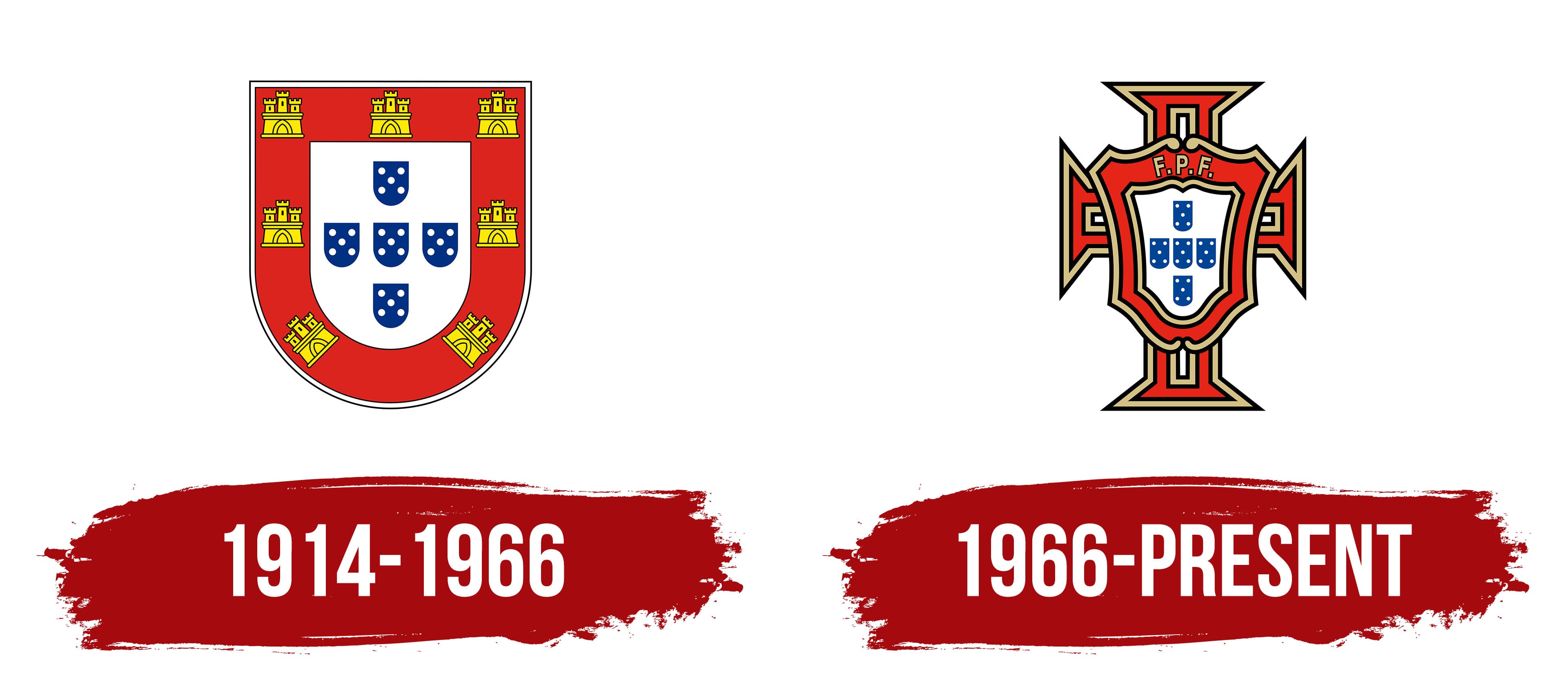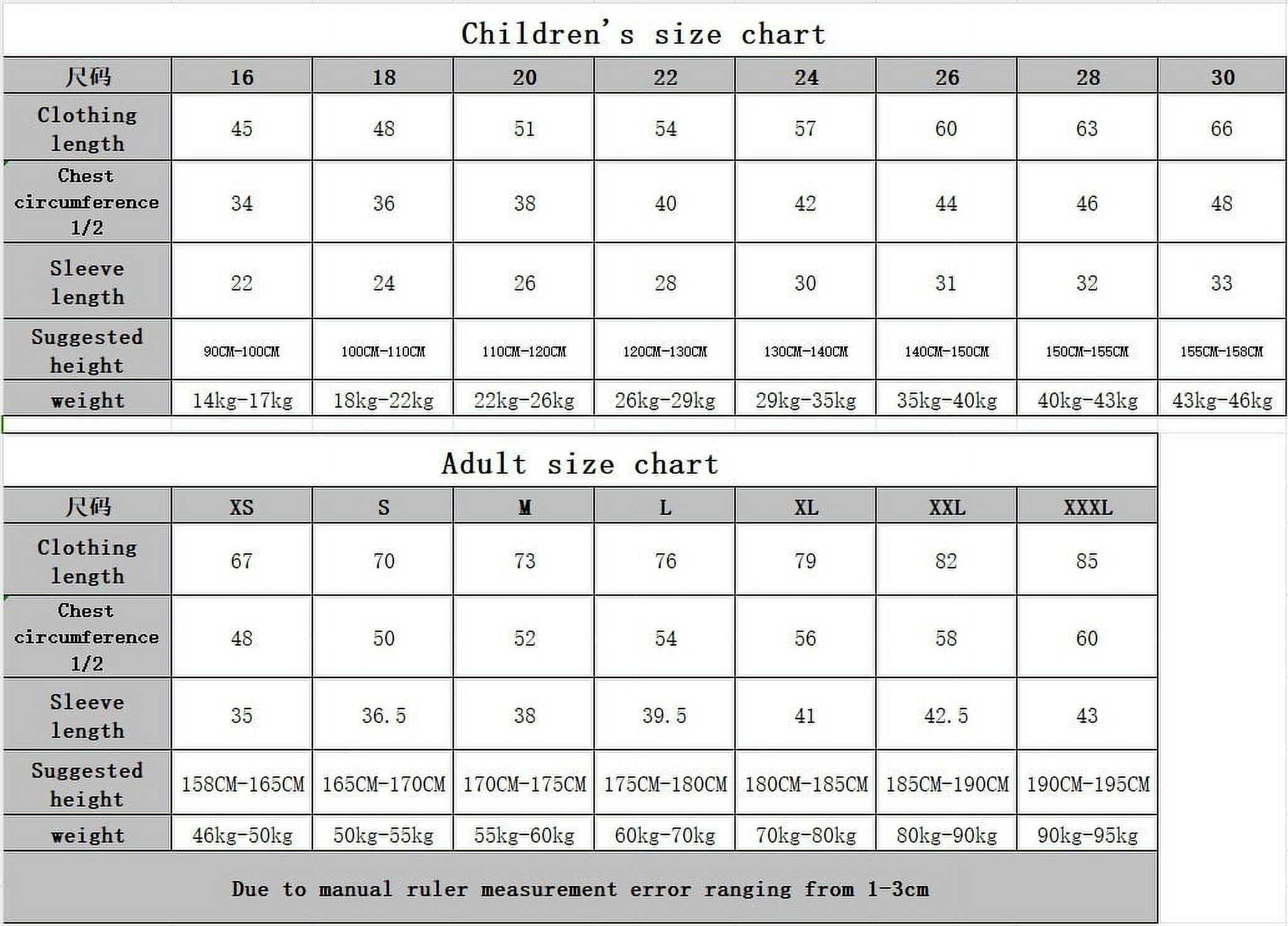“History of Football in Portugal
Related Articles History of Football in Portugal
History of Football in Portugal

Football, known as futebol in Portuguese, holds a special place in the hearts of the Portuguese people. It is more than just a sport; it is a cultural phenomenon that unites the nation, ignites passions, and provides moments of unforgettable glory. The history of football in Portugal is a captivating journey, marked by pioneering figures, triumphant victories, and a deep-rooted love for the beautiful game.
Early Beginnings (Late 19th Century)
The seeds of football in Portugal were sown in the late 19th century, largely thanks to the influence of British expatriates and Portuguese students returning from England. These individuals, captivated by the emerging sport, brought their enthusiasm and knowledge back to their homeland.
The first recorded football match in Portugal took place in 1875 in Lisbon, organized by British workers. However, it was not until the 1880s that the sport began to gain traction among the Portuguese population. Guilherme Pinto Basto, considered the "father of Portuguese football," played a pivotal role in popularizing the game. He organized matches, founded clubs, and promoted the sport through his writings.
In 1893, the first official football match was held in Portugal, between Lisbon-based clubs. This marked a significant milestone in the development of the sport. As the popularity of football grew, new clubs emerged across the country, laying the foundation for organized competition.
Establishment of Organized Football (Early 20th Century)
The early 20th century witnessed the formalization of football in Portugal. In 1914, the Portuguese Football Federation (Federação Portuguesa de Futebol – FPF) was founded, becoming the governing body for the sport in the country. The FPF was responsible for organizing competitions, establishing rules, and representing Portugal in international football affairs.
The Campeonato de Portugal, the first national football competition, was established in 1922. This tournament brought together the regional champions from across the country to compete for the title of national champion. The Campeonato de Portugal played a crucial role in fostering a sense of national identity and promoting the growth of football throughout Portugal.
Professionalization and Rise of the "Big Three" (Mid-20th Century)
The mid-20th century marked a period of professionalization and increased popularity for football in Portugal. In 1938, the Primeira Liga, the top-tier professional football league, was established. This marked a significant step towards modernizing the sport and attracting talented players from across the country.
During this era, three clubs emerged as dominant forces in Portuguese football: Benfica, Sporting CP, and FC Porto. These clubs, known as the "Big Three," have consistently challenged for titles and produced some of the most iconic players in Portuguese football history.
Benfica, led by the legendary Eusébio, enjoyed unprecedented success in the 1960s, winning two European Cups (now known as the UEFA Champions League) in 1961 and 1962. Sporting CP, with players like Cristiano Ronaldo emerging from their youth academy, have also had periods of dominance. FC Porto, under the guidance of managers like José Mourinho, have achieved both domestic and international success.
International Recognition and the "Golden Generation" (Late 20th Century)
The late 20th century saw Portugal gain international recognition for its footballing talent. The "Golden Generation," a group of exceptionally gifted players, emerged in the 1980s and 1990s. This generation included Luís Figo, Rui Costa, and Fernando Couto, who went on to achieve success at both club and international levels.
Portugal hosted the UEFA European Championship in 2004, providing a platform to showcase its footballing prowess. Although the team lost to Greece in the final, the tournament ignited a renewed passion for football among the Portuguese people.

Cristiano Ronaldo Era and Continued Success (21st Century)
The 21st century has been defined by the emergence of Cristiano Ronaldo, one of the greatest footballers of all time. Ronaldo’s extraordinary talent, dedication, and goal-scoring ability have made him a global icon and a source of immense pride for Portugal.
Under Ronaldo’s leadership, Portugal has achieved unprecedented success on the international stage. The team won the UEFA European Championship in 2016, defeating France in the final. They also won the UEFA Nations League in 2019, further cementing their status as a footballing powerhouse.
The Legacy of Portuguese Football
The history of football in Portugal is a testament to the passion, talent, and dedication of the Portuguese people. From its humble beginnings to its current status as a global force, Portuguese football has produced iconic players, unforgettable moments, and a deep-rooted love for the beautiful game.
The legacy of Portuguese football extends beyond the pitch. Football has played a significant role in shaping Portuguese national identity, promoting social cohesion, and inspiring generations of young players. The success of Portuguese clubs and the national team has brought immense pride to the nation and has helped to put Portugal on the world map.
As Portuguese football continues to evolve, it remains deeply rooted in its history and traditions. The passion, talent, and dedication that have defined Portuguese football for over a century will continue to shape its future.
Key Highlights in Portuguese Football History:
- 1875: The first recorded football match in Portugal takes place.
- 1893: The first official football match is held between Lisbon-based clubs.
- 1914: The Portuguese Football Federation (FPF) is founded.
- 1922: The Campeonato de Portugal, the first national football competition, is established.
- 1938: The Primeira Liga, the top-tier professional football league, is established.
- 1961 & 1962: Benfica wins the European Cup.
- 1980s & 1990s: The "Golden Generation" emerges, led by Luís Figo and Rui Costa.
- 2004: Portugal hosts the UEFA European Championship.
- 2016: Portugal wins the UEFA European Championship.
- 2019: Portugal wins the UEFA Nations League.
Iconic Figures in Portuguese Football History:
- Guilherme Pinto Basto: Considered the "father of Portuguese football."
- Eusébio: Legendary Benfica striker and one of the greatest players of all time.
- Luís Figo: A key member of the "Golden Generation" and a Ballon d’Or winner.
- Rui Costa: Another prominent member of the "Golden Generation" and a talented playmaker.
- Cristiano Ronaldo: One of the greatest footballers of all time and a symbol of Portuguese football.
- José Mourinho: Highly successful Portuguese football manager
The Future of Portuguese Football
The future of Portuguese football looks bright. With a strong youth development system, a passionate fan base, and a commitment to excellence, Portugal is well-positioned to continue its success on the international stage. The emergence of new talents, coupled with the experience of seasoned players, ensures that Portuguese football will remain a force to be reckoned with for years to come.
The history of football in Portugal is a story of passion, perseverance, and triumph. It is a story that continues to be written with each passing game, each goal scored, and each victory achieved. As the nation looks to the future, the legacy of Portuguese football will undoubtedly continue to inspire and unite generations to come.

